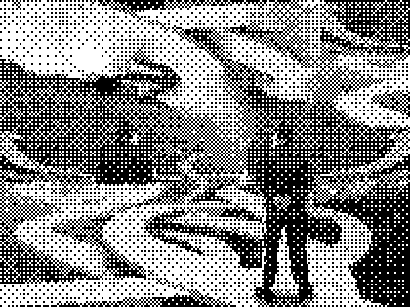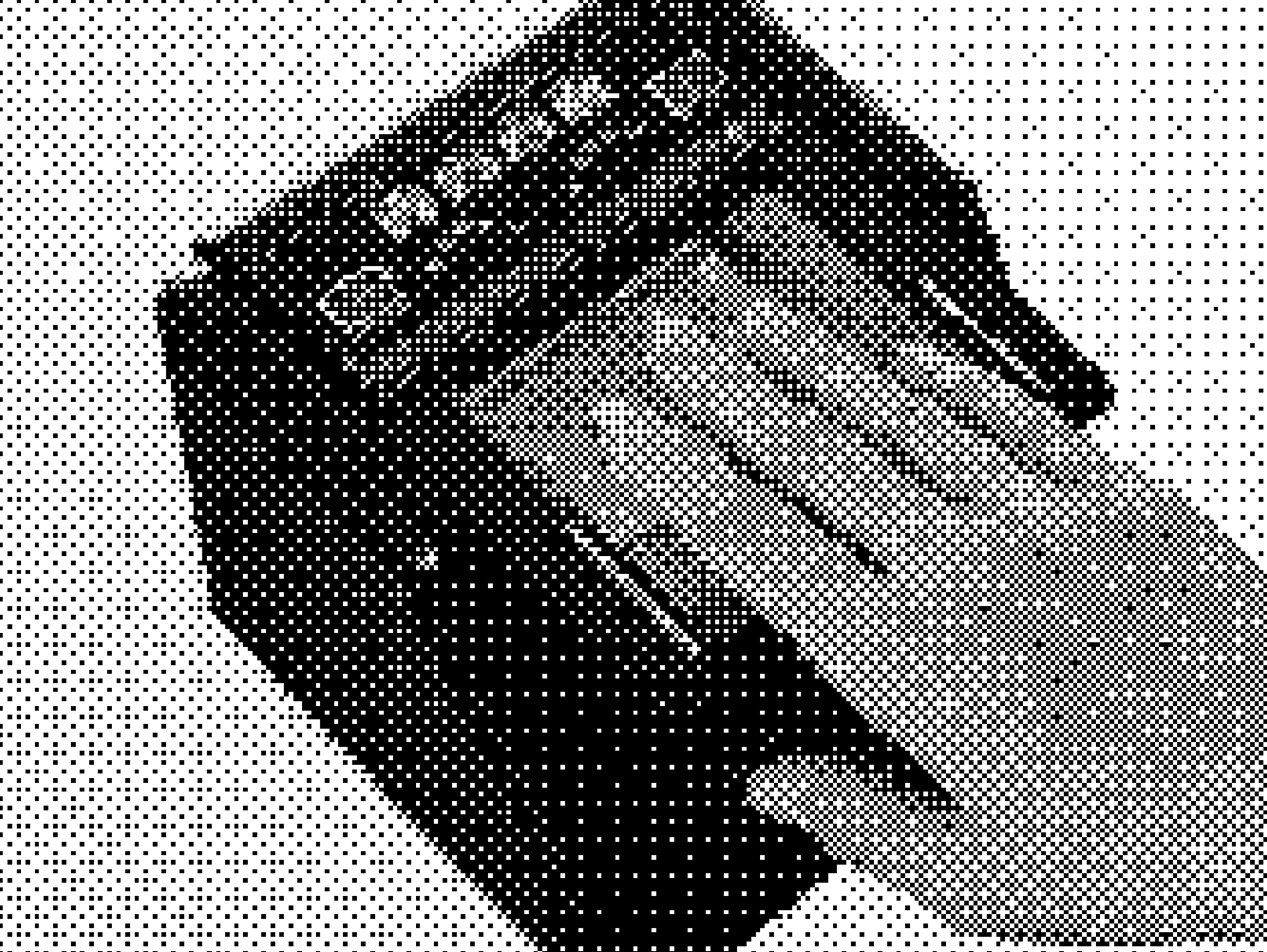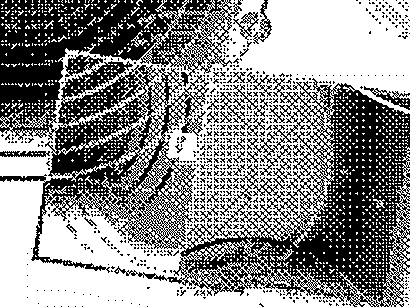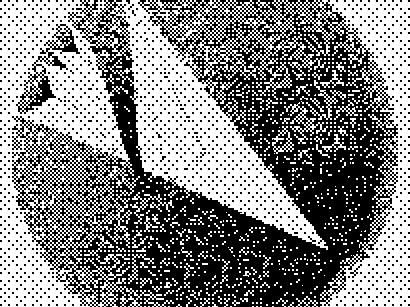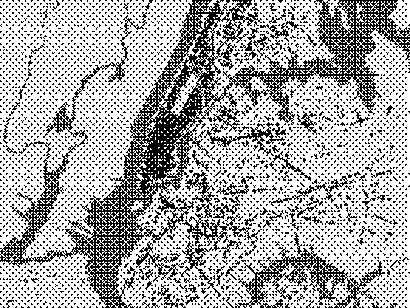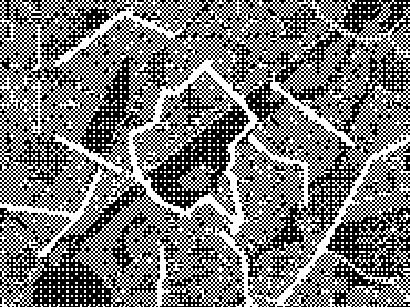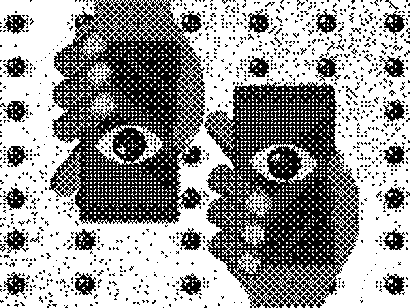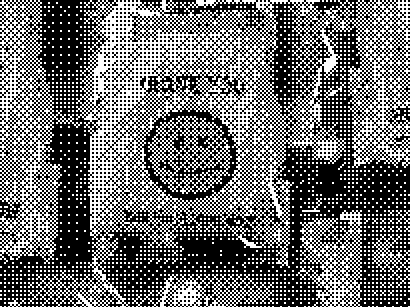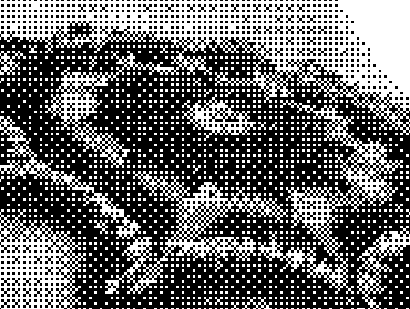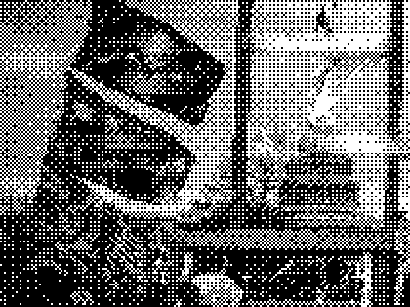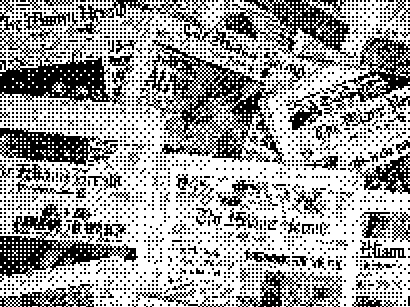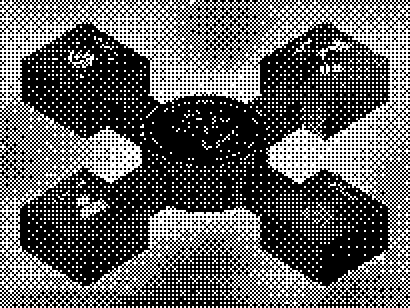The internet is made up of interconnected pieces of data about its users. Every website has trackers installed in it, mostly belonging to Google or Facebook, that keep tabs on the people using it. This data is neither protected or encrypted, often fully accessible to anyone with the means to access it. Though these companies store our data and use it to sell their products to us, they are in no way responsible for it. This entire system is almost always not implicit and shrouded in the background of its utility. This section aims to connect these dots that exist in the dark underbelly of the internet, that we have a vague idea about, but that are not necessarily clear.
Making these connections can make the online experience feel scary and unsafe, but it already is. Although governments and large corporations are often seen as the problem, the truth is that they are far less interested in you or I than someone who knows us personally and has an agenda that involves us. This section shines a light on the dark patterns that enable your data to be collected and potentially mobilized against your interest.
